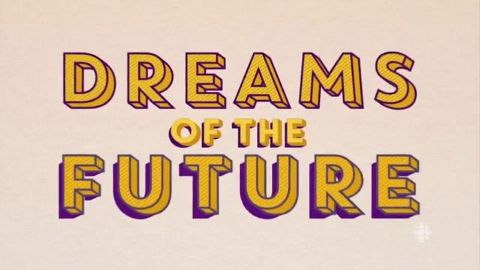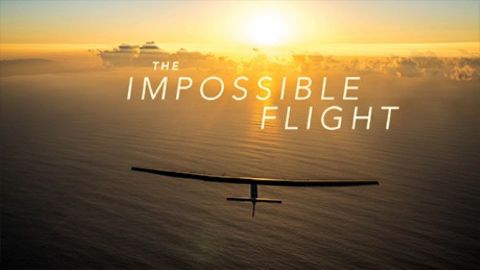The future of the Internet • 2014 • episode "2/10" • Curiosity Retreats: 2014 Lectures
Vint Cerf, co-author of the TCP/IP protocol suite that provides the Internet with its basic architecture, is known as "one of the founding fathers of the Internet." Cerf discusses what the future may hold for the internet: will it ultimately connect us with the universe?
Make a donation
Buy a brother a hot coffee? Or a cold beer?
Hope you're finding these documentaries fascinating and eye-opening. It's just me, working hard behind the scenes to bring you this enriching content.
Running and maintaining a website like this takes time and resources. That's why I'm reaching out to you. If you appreciate what I do and would like to support my efforts, would you consider "buying me a coffee"?
Donation addresses
BTC: bc1q8ldskxh4x9qnddhcrgcun8rtvddeldm2a07r2v
ETH: 0x5CCAAA1afc5c5D814129d99277dDb5A979672116
With your donation through , you can show your appreciation and help me keep this project going. Every contribution, no matter how small, makes a significant impact. It goes directly towards covering server costs.















